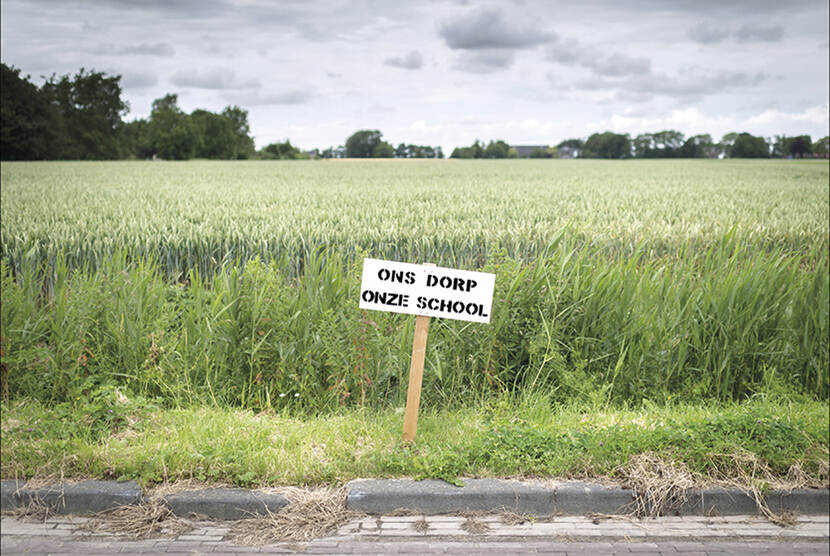Summary - The changing meaning of neighbourhoods and villages
The Dutch government is seeking to create a society in which citizens take more responsibility
for themselves
Authors: Lotte Vermeij, i.a.w. Anja Steenbekkers
ISBN/ISSN/other: 978 90 377 0722 9

The Dutch government increasingly expects local citizens to take on tasks in their local setting. However, increased mobility and communications mean that this local setting plays an ever smaller part in their lives. The question is therefore how engaged Dutch people today feel with their neighbourhood or village, and how willing they are to accept the new responsibilities which they are being asked to take on close to home.
This study investigates the various ways in which residents of Dutch villages feel attached to their village, and how important this local attachment is for their willingness to take action for local causes. It also looks at differences between villages in the degree to which residents do something for their local setting. As residents are given more responsibility for their local environment, the quality of that environment also becomes increasingly dependent on those residents. Differences between villages in the willingness of residents to act can therefore exacerbate existing geographical inequalities.
The study draws on data from the Socially Vital Countryside database (Sociaal Vitaal Platteland), a survey in which more than 7,000 residents of outlying areas and small villages (less than 3,000 inhabitants) took part.